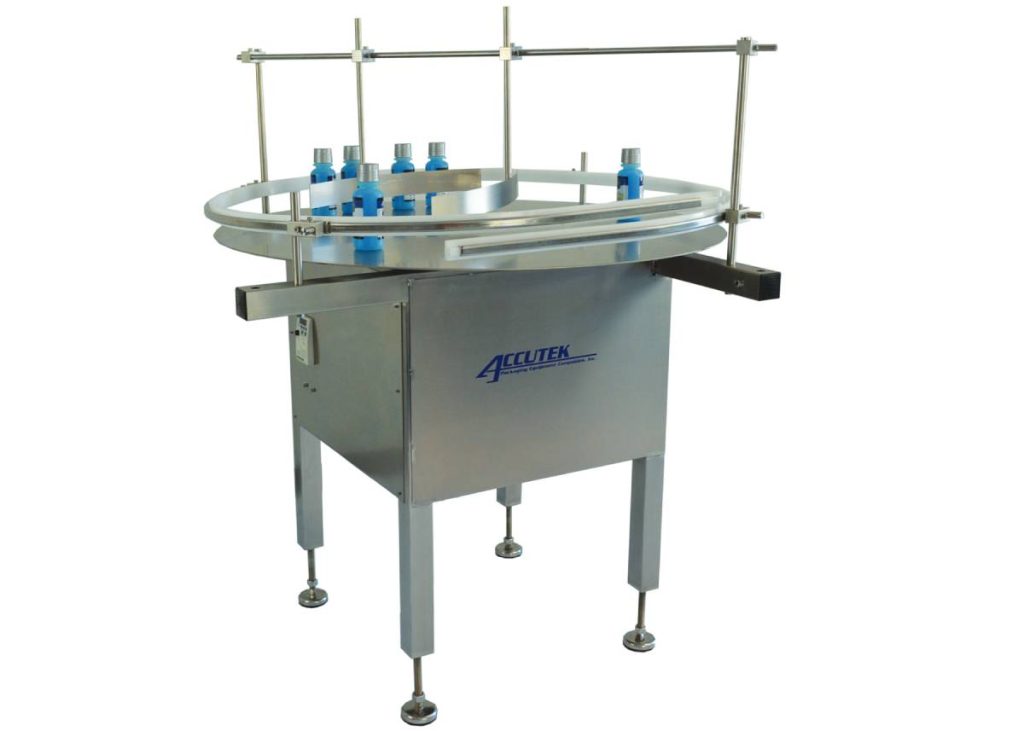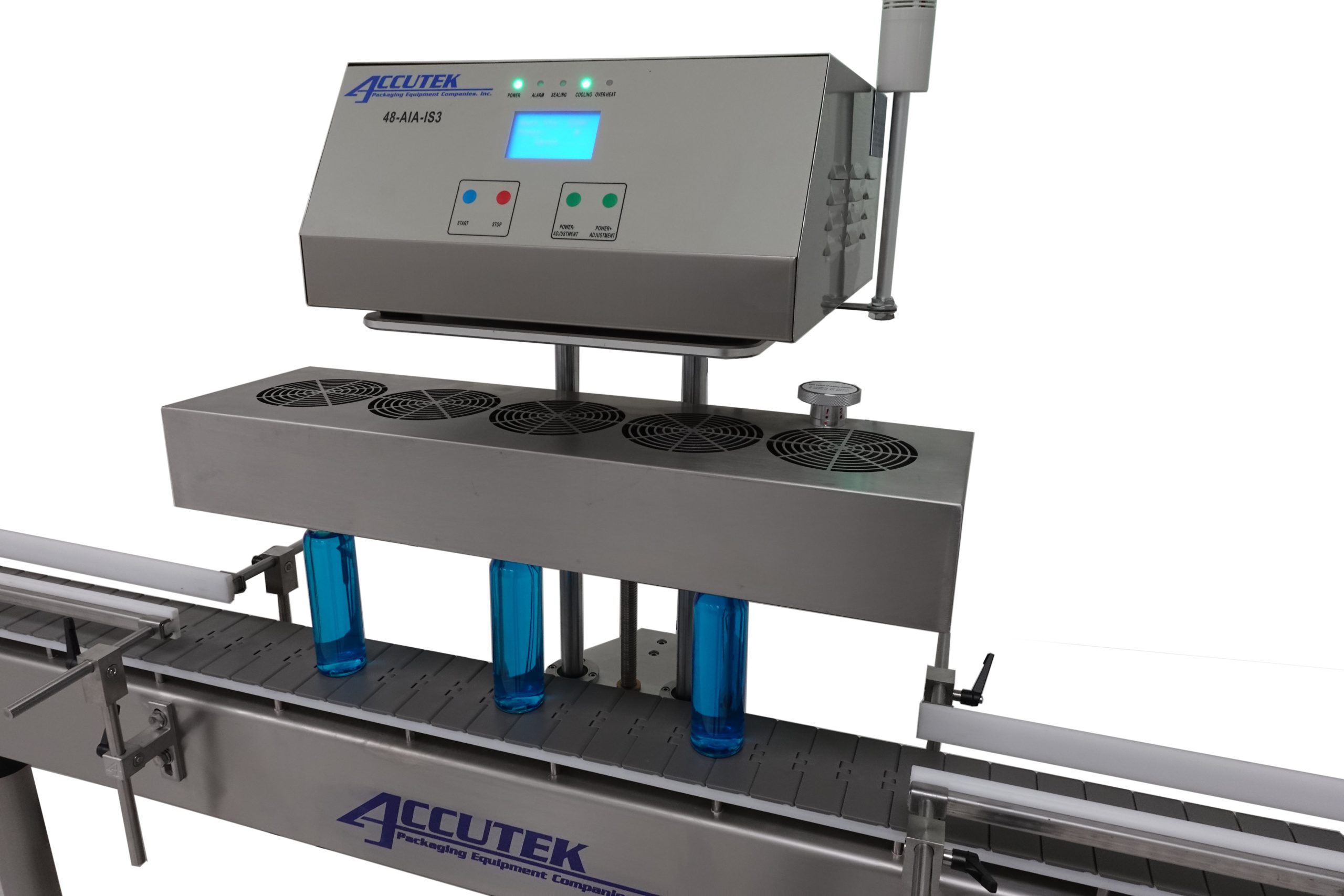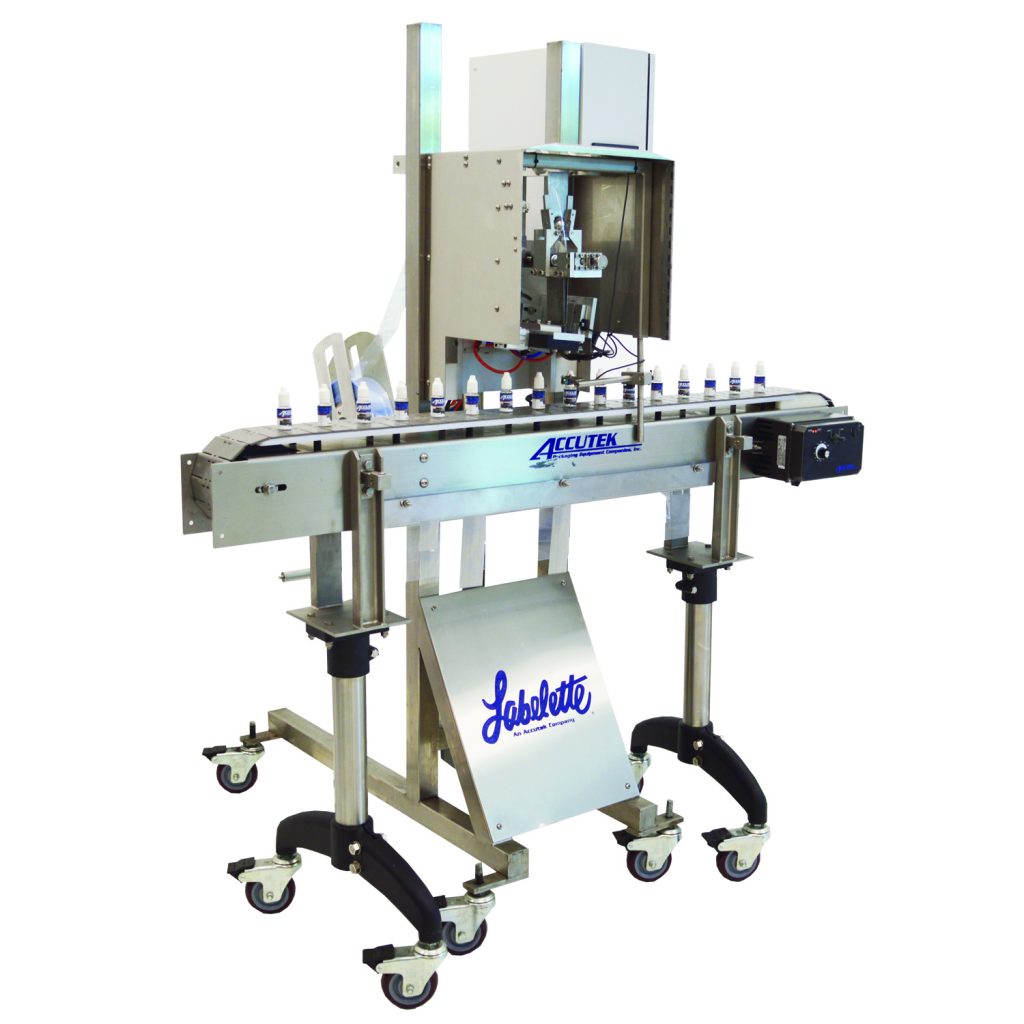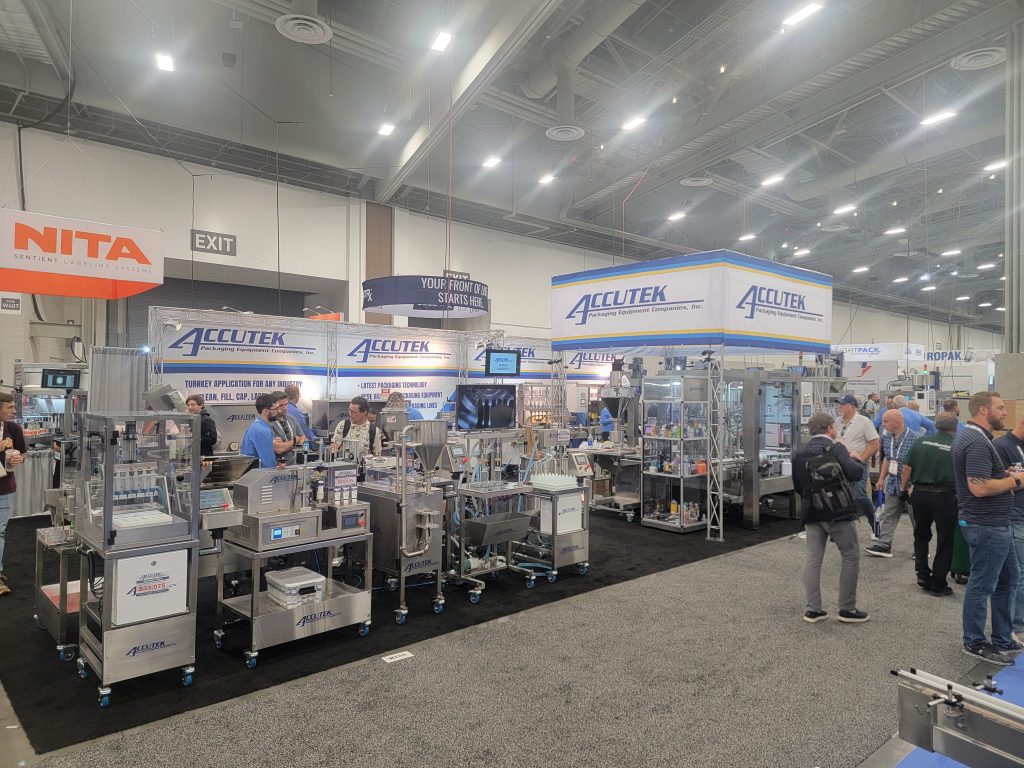AFRO-AMERICAN MUSIC INSTITUTE CELEBRATES 36 YEARS
http://www.indiegogo.com/projects/building-today-for-tomorrow/x/267428
Pain Relief Beyond Belief
http://www.komehsaessentials.com/
PITTSBURGH JAZZ
From Blakey to Brown, Como to Costa, Eckstine to Eldridge, Galbraith to Garner, Harris to Hines, Horne to Hyman, Jamal to Jefferson, Kelly to Klook; Mancini to Marmarosa, May to Mitchell, Negri to Nestico, Parlan to Ponder, Reed to Ruther, Strayhorn to Sullivan, Turk to Turrentine, Wade to Williams… the forthcoming publication Treasury of Pittsburgh Jazz Connections by Dr. Nelson Harrison and Dr. Ralph Proctor, Jr. will document the legacy of one of the world’s greatest jazz capitals.
Do you want to know who Dizzy Gillespie idolized? Did you ever wonder who inspired Kenny Clarke and Art Blakey? Who was the pianist that mentored Monk, Bud Powell, Tad Dameron, Elmo Hope, Sarah Vaughan and Mel Torme? Who was Art Tatum’s idol and Nat Cole’s mentor? What musical quartet pioneered the concept adopted later by the Modern Jazz Quartet? Were you ever curious to know who taught saxophone to Stanley Turrentine or who taught piano to Ahmad Jamal? What community music school trained Robert McFerrin, Sr. for his history-making debut with the Metropolitan Opera? What virtually unknown pianist was a significant influence on young John Coltrane, Shirley Scott, McCoy Tyner, Bobby Timmons and Ray Bryant when he moved to Philadelphia from Pittsburgh in the 1940s? Would you be surprised to know that Erroll Garner attended classes at the Julliard School of Music in New York and was at the top of his class in writing and arranging proficiency?
Some answers can be gleaned from the postings on the Pittsburgh Jazz Network.
For almost 100 years the Pittsburgh region has been a metacenter of jazz originality that is second to no other in the history of jazz. One of the best kept secrets in jazz folklore, the Pittsburgh Jazz Legacy has heretofore remained mythical. We have dubbed it “the greatest story never told” since it has not been represented in writing before now in such a way as to be accessible to anyone seeking to know more about it. When it was happening, little did we know how priceless the memories would become when the times were gone.
Today jazz is still king in Pittsburgh, with events, performances and activities happening all the time. The Pittsburgh Jazz Network is dedicated to celebrating and showcasing the places, artists and fans that carry on the legacy of Pittsburgh's jazz heritage.
WELCOME!
Groups
Duke Ellington is first African-American and the first musician to solo on U.S. circulating coin
MARY LOU WILLIAMS
-
Labeling Machine
- Female
- Gadsden
- United States
- Share on Facebook
Share on Facebook MySpace Tweet
- Blog Posts
- Events
- Groups
- Photos
- Photo Albums
- Videos
RSS
Why Accutek Is the Ideal Choice for Sleeving, Sealing, Conveyors, Turntables, and Unscrambler Machines in California
If you need sleeving machines, sealing machines, conveyors, turntables, or an unscrambler, Accutek Packaging Equipment Company is one of the best choices in California. They offer many machines, build full systems, and support their customers well. This makes them a strong partner for any business that wants an easy and reliable packaging setup.
Accutek Has a Wide Range of Machines
Accutek offers many machines that work together as one smooth packaging line.
Conveyors and Turntables
Their conveyors and turntables help move bottles and containers from one step to the next. These machines keep your line steady, clean, and fast.
Unscrambler Machines
Accutek also has turntable-style unscramblers like the AccuTurn 42, 48, and 60. These machines sort and arrange empty containers before filling. This reduces manual work and keeps your line running well.

Sealing Machines
Their sealing machines include:
- Heat sealers
- Induction sealers
- Tube sealers
- Band sealers
You can use these for food, drinks, cosmetics, and many other products.
 Sealer Machines
Sealer MachinesSleeving and Labeling
Accutek provides sleeving machines and sleeve-labeling equipment. They also offer other labeling, filling, and capping machines. This means you can get your whole line from one company.

Accutek Offers Full Turnkey Packaging Lines
Accutek does more than sell single machines. They can build a full packaging line for you. This includes:
- Unscrambling
- Conveying
- Filling
- Capping
- Sealing
- Labeling
- Coding
- Final handling
This saves time because you do not need to buy from many suppliers. Their lines are also easy to set up because the machines are designed to work well together.
They also offer custom options and adjust machines to fit your bottle shape, product type, speed requirement, and space. This makes it simple to get a line that matches your needs.
Accutek Has Strong Experience and Support
Accutek has been in the industry for many years. They have built thousands of machines for many companies across the U.S. and the world.
Strong Build Quality
Their machines use:
- Stainless steel
- Modern controls
- Reliable motors
This helps the machines last longer and stay accurate.
Good After-Sales Support
Accutek offers:
- Spare parts
- Technical help
- On-site service
This support helps keep your line running with less downtime.

How Accutek Meets Your Needs
You asked for a company that provides:
| Equipment Needed | Does Accutek Offer It? |
|---|---|
| Sleeving machines | ✅ Yes |
| Sealing machines | ✅ Yes |
| Conveyors and turntables | ✅ Yes |
| Unscrambler machines | ✅ Yes |
Since they offer all of these, you …
The post appeared first on Accutek Packaging Machine Equipment.
Gifts Received
Labeling Machine has not received any gifts yet
Labeling Machine's Page
Profile Information
- Artist or Fan
- fan
Switch to the Mobile Optimized View
© 2025 Created by Dr. Nelson Harrison.
Powered by
![]()
Comment Wall
You need to be a member of Pittsburgh Jazz Network to add comments!
Join Pittsburgh Jazz Network